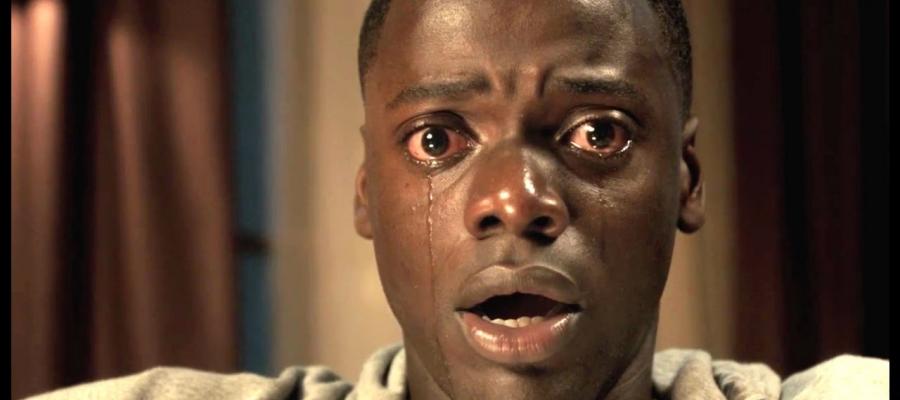Why do some people have a strange desire to do weird things for no (good) reason? There's something fascinating about kids who eat laundry soap as part of a “challenge,” or people who deliberately... Read more

Get Out is a horror film, or so critics say. They also say it’s a film about race, especially how white people react awkwardly and embarrassingly to black people in upscale social contexts. Emphasizing these themes has the advantage for reviewers of not giving away anything very much about the plot of the film while explaining why viewers should see it. But there are other good reasons to see the film, which don’t have much to do primarily with either race or horror. I’ll try not to be a spoiler in this review—although you really shouldn’t read further until after you’ve seen the movie if you want to be sure you remain as unspoiled as possible about Get Out.
The first set of reasons to see Get Out are that it’s a very, very well made film. It’s crisply directed by Jordan Peele, wonderfully acted by Daniel Kaluuya, as Chris the boyfriend, and Allison Williams, as Rose the girlfriend, and has a particularly apt score by Michael Abels. Peele is a comedian from MADtv and Comedy Central’s Key & Peele. Its humor is core to why the movie works so well. I almost wimped out of seeing it, but that would have been a big mistake.
The real reason for philosophers to see this film is how it brings Hegel's master-slave relationship into focus. The master-slave relationship is presented in Chapter IV of Hegel’s Phenomenology of Spirit, a chapter devoted to the independence of self-consciousness. The irony Hegel presents is that in recognizing itself as independent, consciousness must also see itself in opposition to otherness—but then it is dependent on otherness, just as the master is dependent on the bondsman/slave.
The chapter has been seen as a metaphor for power relationships within society, for the dependence of the self on others, or for the dependence of the mind on the body. Each of these constructions presupposes an oppositional relationship of dependence and independence, in which the apparently independent is really dependent. The difficulty for achieving independent self-consciousness is how the dependent and the independent can be brought together: how the self can recognize itself in the other without losing itself in the process.
When Rose brings her black boyfriend Chris home for the weekend, he meets her hypnotist-therapist mother, her neurosurgeon father, her uncouth jock brother, and the two black family retainers who had been kept on as cook and gardener after caring for her grandparents. Before setting off for the family weekend, Rose reassures Chris that her parents are enlightened Obama voters but she doesn’t mention either her brother or the family’s cook and gardener. The greatest awkwardness for Chris is with the cook and the gardener: he wants to be friendly and to treat them as equals; they respond by rebuffing him and acting subservient. They are clearly discomfited by his presence, but it is unclear why. Is he a threat to their position and identity—there as master but inappropriately so? Or, are they a harbinger of what he could, but has not, become?
The horror of the movie ultimately lies not in what it demonstrates about how race matters, but in what it illustrates about the nature of identity. For Hegel, the bondage between mind and body is seen abstractly. Spirit is enslaved to (because dependent on) matter. But in recognizing the inevitability of its bondage with the body, the self is not just bound to materiality, understood in abstraction. It is bound to a particular materiality—the materiality of a particular body, understood in a given social context. But what if the structure of that relationship is not as it seems? To what is the self bound, how does it act authentically, and what are the possibilities of transcendence?